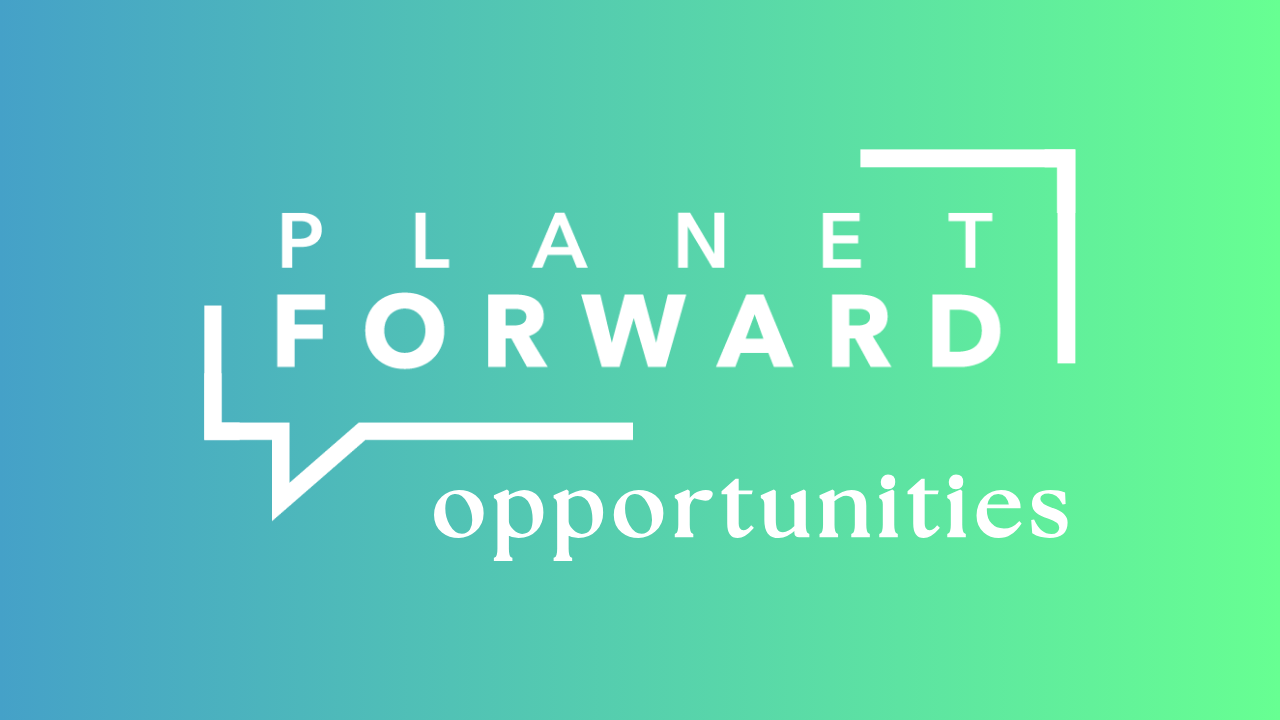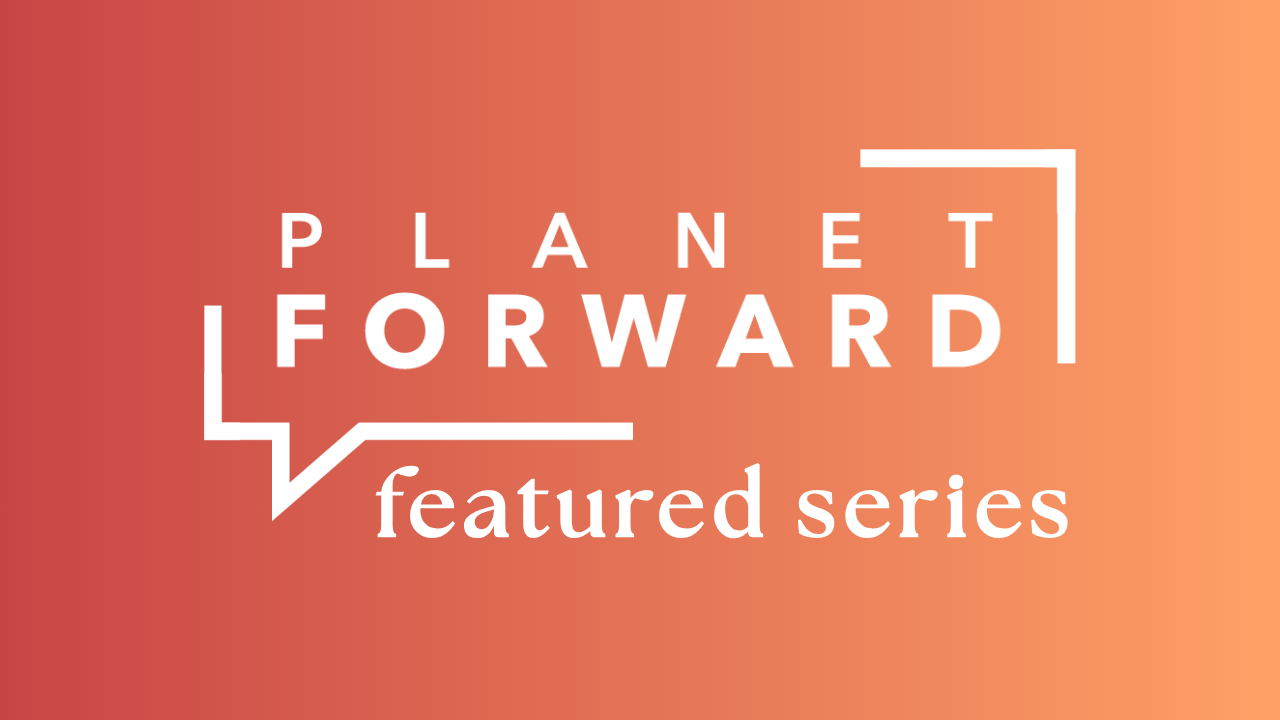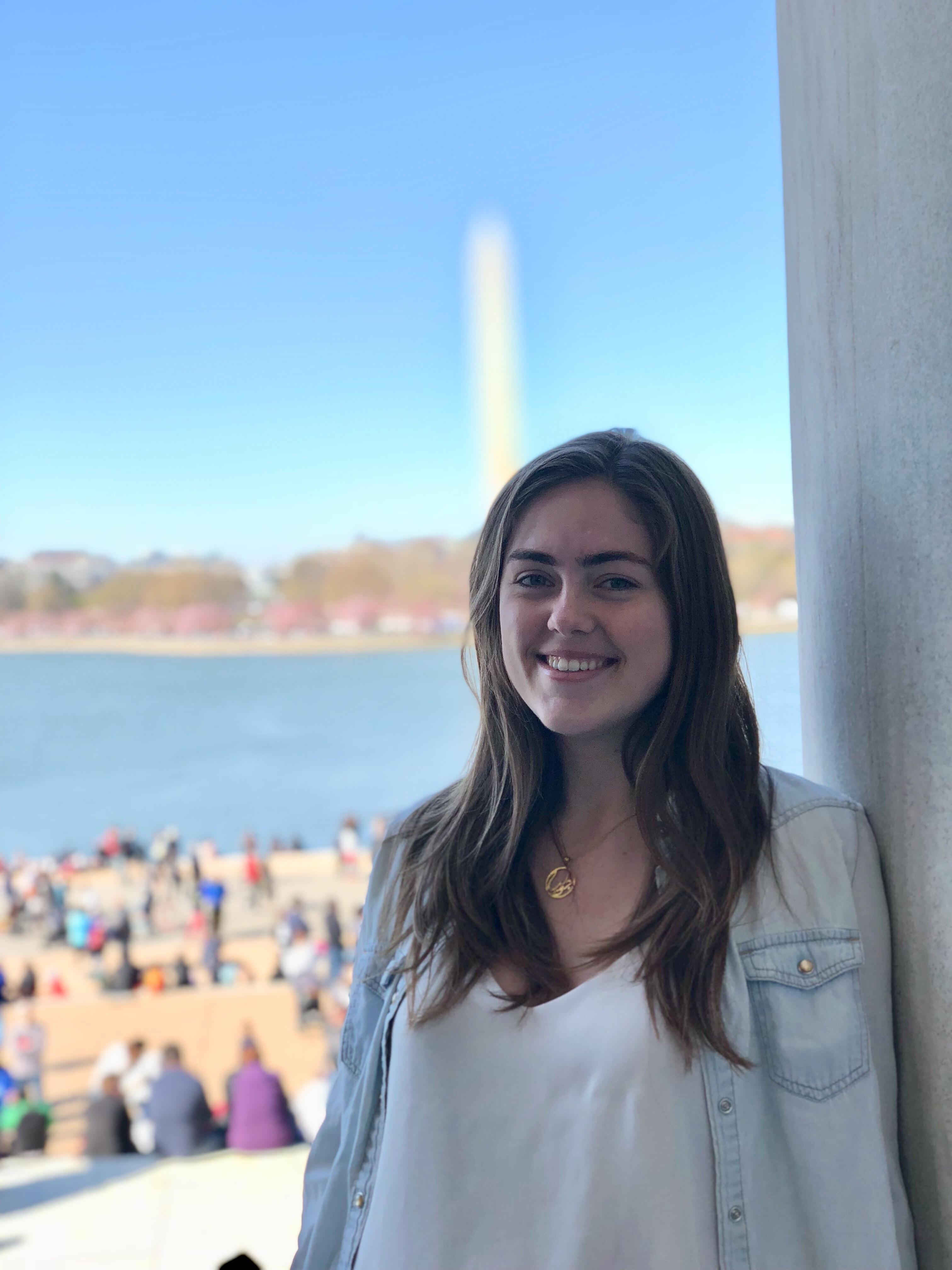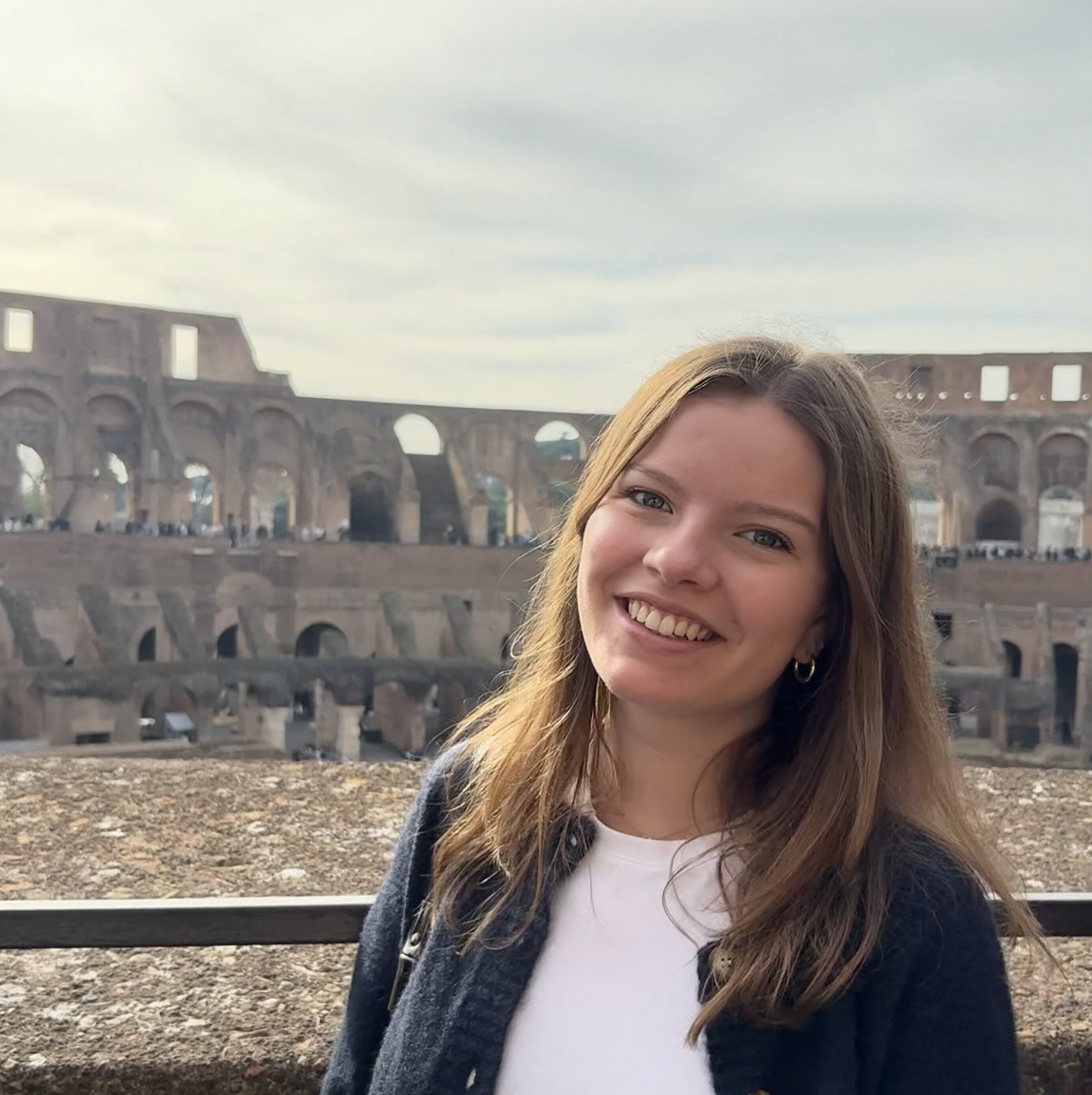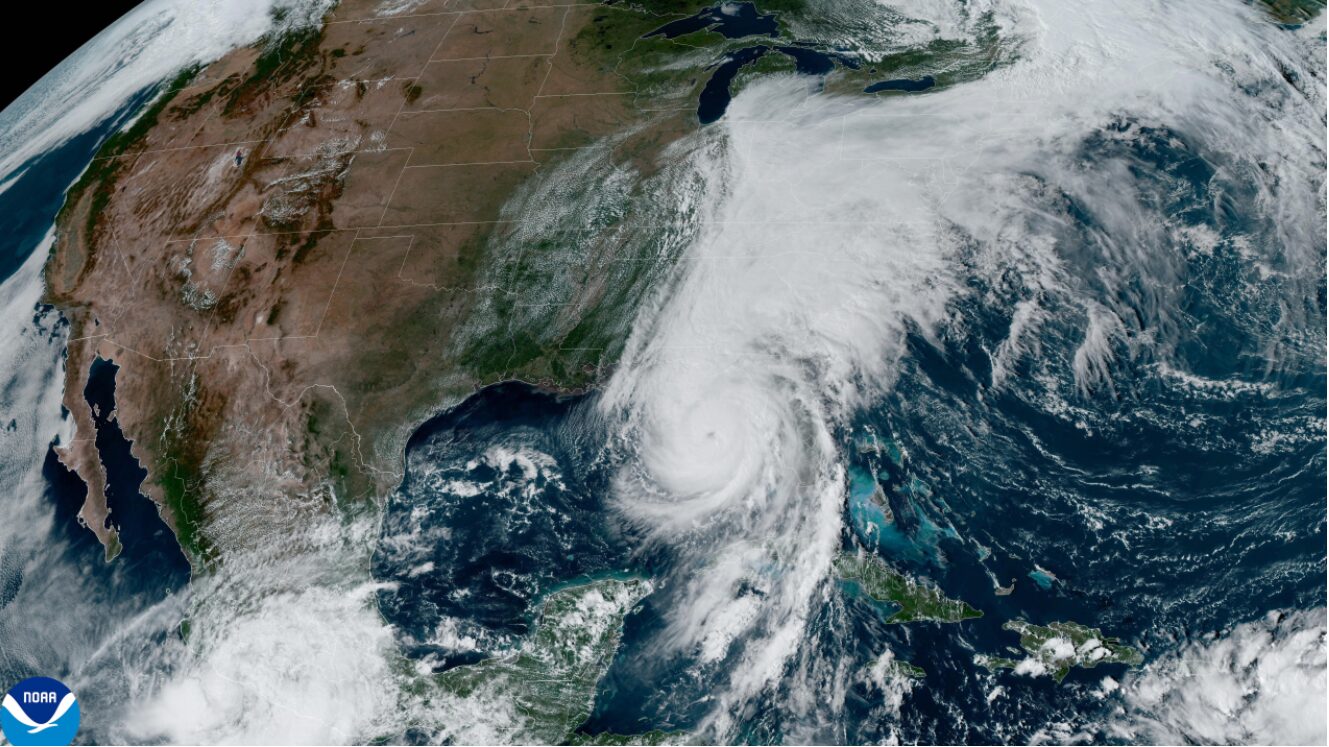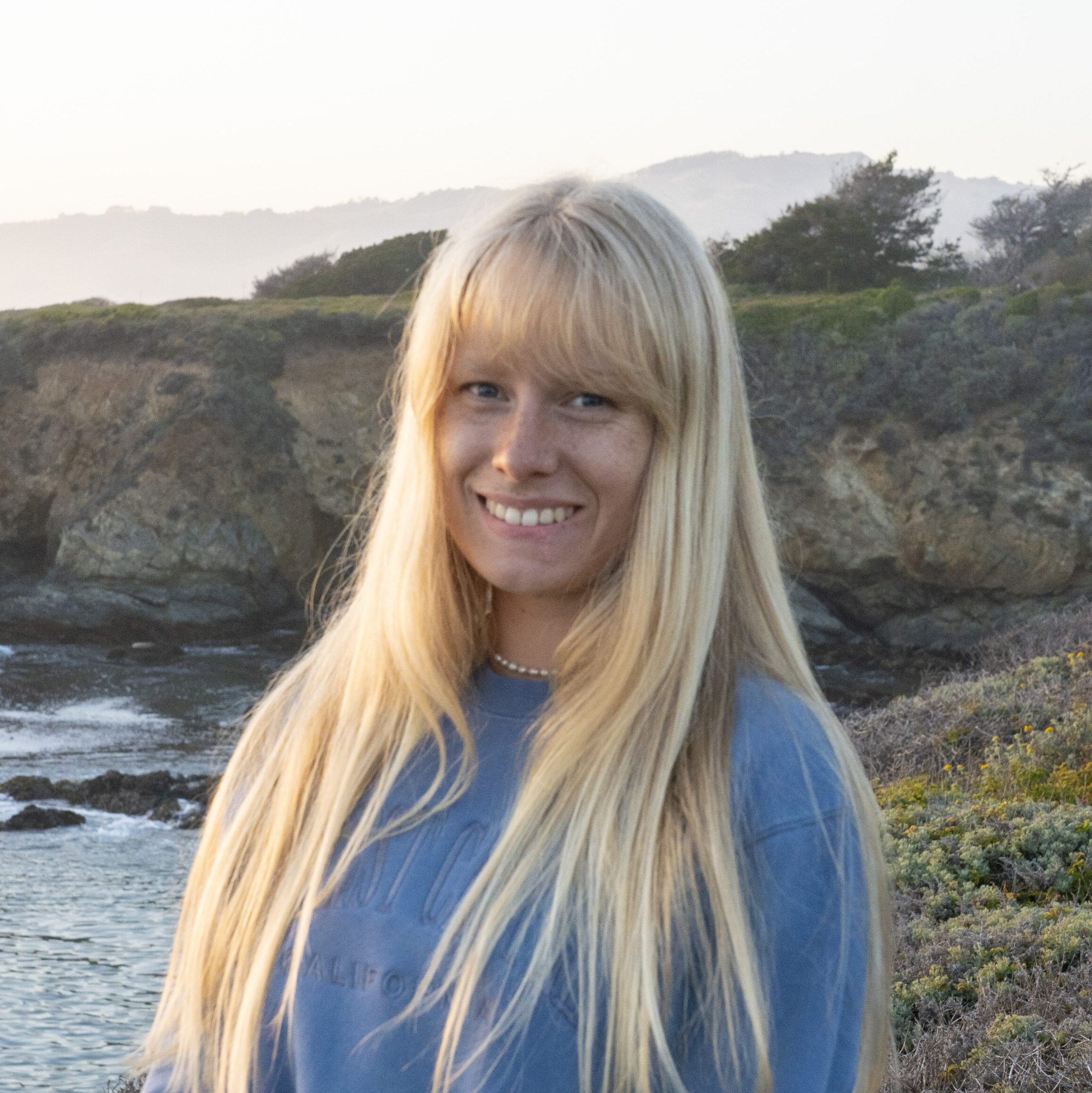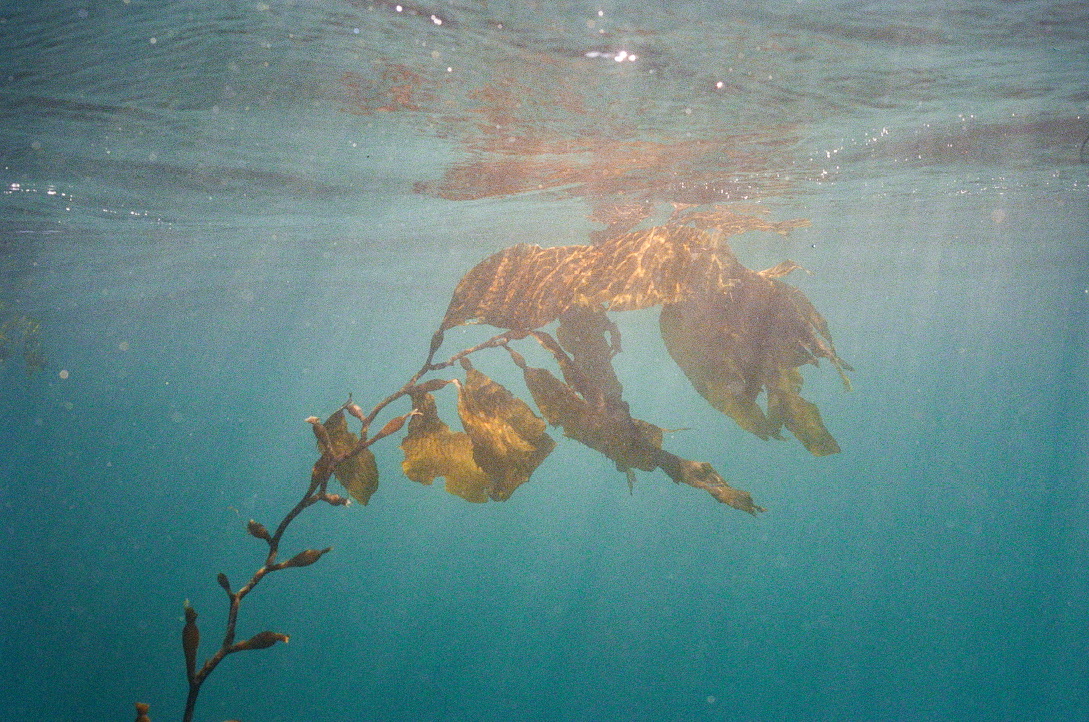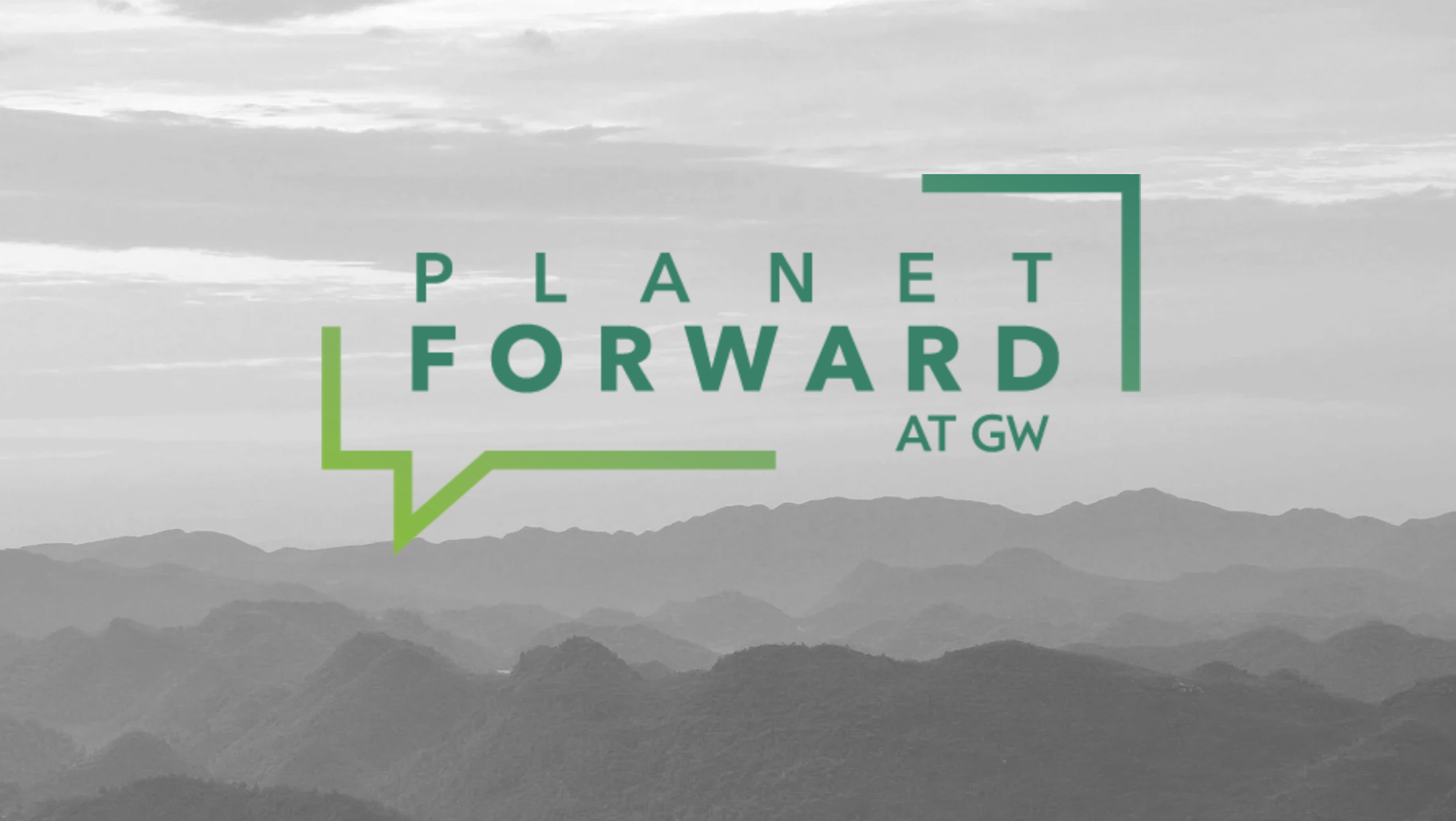 post-2020 climate goals. As a member of Generation Z, this is personal.
post-2020 climate goals. As a member of Generation Z, this is personal.
Unless the Bank makes an unprecedented shift toward renewable energy, 2.4 billion people will face climate catastrophe. Bank officials acknowledged this reality but refuse to act.
Most of Generation Z lives in countries particularly vulnerable to future droughts, floods and extreme climate events in a world 2° C warmer. A world that the Bank is almost ensuring through its continued finance of oil and gas projects in these countries through intermediaries and infrastructure that directly enables extraction.
While most of my peers come from client countries of the Bank, I do not. Rather my country, the U.S., is the largest Bank shareholder and thus has the most influence on the global development agenda. I feel compelled to speak up as a member of SustainUS, U.S. youth advancing justice and sustainability. The U.S. has a big stake in whether the Bank locks in runaway climate change or limits warming to 1.5° C. With annual investments totaling $60 billion, a staff of 10,000 spread across the world, and the explicit mission to end poverty, the Bank has the resources, influence, and mandate to lead the way on climate change. Yet, failed to fully divest from fossil fuels or set a portfolio emissions target that aligns with the 1.5° C goal.
I thought this would change when the IPCC report came out last month. I attended the Annual Meetings last month in Indonesia to find out.
The report warns we must cut global carbon emissions 45% by 2030 and arrive at net zero emissions by 2050. This big shift is fully achievable but requires an unprecedented level of action. Two days after the report came out, I stood in front of the Board of Executive Directors and asked if they would heed these warnings. Their responses confirmed my worst fear: the World Bank will ignore the needs of my generation.
Time and time again the Bank confirmed their apathy. At the Civil Society Roundtable Executive Directors pointed to their recent commitment to end finance for upstream oil and gas as sufficient. I followed up by asking “Will the Bank’s recent commitment to end financing for upstream oil and gas include financial intermediaries?” The most direct response I received was from Germany’s Executive Director, Dr. Jürgen Karl Zattler, who stated that there was “not a clear objective” for the Bank to monitor whether its financial intermediaries have links to oil and gas. In replying to another question on the IPCC report, Executive Director Otaviano Canuto from Brazil shared, “What we can do is to raise our voice, not much else.”
The next day when asked the same question about divesting from fossil fuels, Philippe Le Houérou, CEO of the World Bank’s International Finance Corporation (IFC) — the Bank’s private sector investment arm — responded, “let’s see if this works with coal first” and urged us to be “pragmatic.” I followed up: “As a young person, climate change is personal to me and my generation. I am really disappointed that you are not considering ending equity in financial intermediaries linked with oil and gas. I urge you to reconsider.” Without IFC divestment, there will likely be less stringent exclusions on investing in financial intermediaries that are involved in 'upstream' oil & gas investments when the Bank phases out project lending after 2019. In response to my statement, Le Houérou bowed his head and said, “I urge myself.”
The IPCC report makes it clear that investments in fossil fuels, which will perpetuate extreme heat, drought, floods, and climate induced poverty for hundreds of millions of people, is not “pragmatic.” We also can guarantee Le Houérou that requiring new financial intermediaries to divest from coal overtime will “work,” in the sense that it will drive investments toward clean, renewable energy sources and protect our collective future. It is worth noting that this new ‘green equity approach’ is not even comprehensive because it does not address what should happen with legacy coal investments that the IFC has funded over the past decade. This includes the highly contested 19 coal plants under construction in the Philippines that 100 citizen groups filed a complaint against last October.
The World Bank has the capacity to do much more than “raise their voice” on climate change. The Bank can and should completely divest its portfolio from fossil fuels, an action perfectly in line with its mandate to end poverty. In divesting from fossil fuels, the bank will be forced to turn its attention to investing in affordable, renewable energy. A majority of the 1.1 billion people worldwide who still lack access to electricity live in rural areas, where renewable energy is actually more cost effective than extending the main grid with oil and gas. Right now, only 1% of global finance for energy access is allocated to decentralized renewable energy.
In the urgency of this moment on climate change, we cannot let financial institutions like the World Bank continue to fly under the radar of public accountability. Thankfully, I am not alone. I am part of the Big Shift Global, a campaign coordinated by organizations from the Global North and South campaigning for a shift in all public finance out of dirty fossil fuels into renewable energy that will bring clean power to people all over the world.
As the World Bank determines the future of 2.4 billion members of my generation, I am making a final push. I am joined by my friends at Sunrise Movement who recently pushed the U.S. federal government to take action on climate change. We are looking for climate leadership.
Already a group of over 40 vulnerable countries have committed to reach 100% renewable energy by 2050. My question is, will the World Bank support them?
If the World Bank stands ready to assist counties with their low-carbon transition efforts they should consider the following recommendations for inclusion in the forthcoming post-2020 climate goals made by civil society organizations in the Big Shift Global campaign:
- Commit to developing and adopting a science-based emissions target for World Bank lending and operations
- Improve the quality of the Bank’s climate-related investments whilst scaling up both mitigation and adaptation finance
- Increased finance for clean cooking, off-grid and mini-grid renewable energy access
- Develop a policy for the exclusion of coal from the IFC’s financial intermediary (FI) investments and public disclosure of the fossil fuel exposure of IFC’s FI investments
- Align the World Bank infrastructure lending, guarantees and assistance with low- or zero-GHG pathways, and supporting development of countries’ strategies under the Paris Agreement (e.g.., NDCs and 2050 Pathways)
- The development of a safeguard for development policy lending that contains specific measures to prevent 'prior actions' (e.g., loan conditions) that directly benefit fossil fuel or extractive industries
- Ensure that World Bank investments do not serve as a driver of deforestation
- Ensure strong implementation of the World Bank Group’s commitment to end upstream oil and gas finance after 2019
Access the full list of recommendations here.
">
On Dec. 5, the World Bank will announce its post-2020 climate goals. As a member of Generation Z, this is personal.












